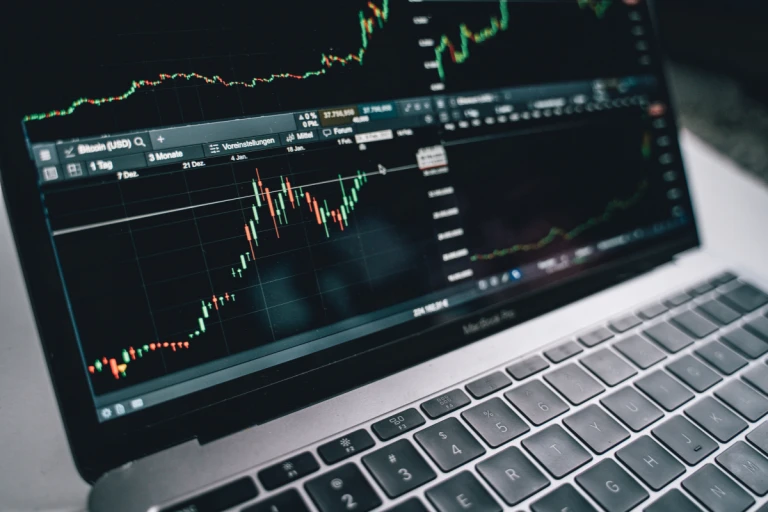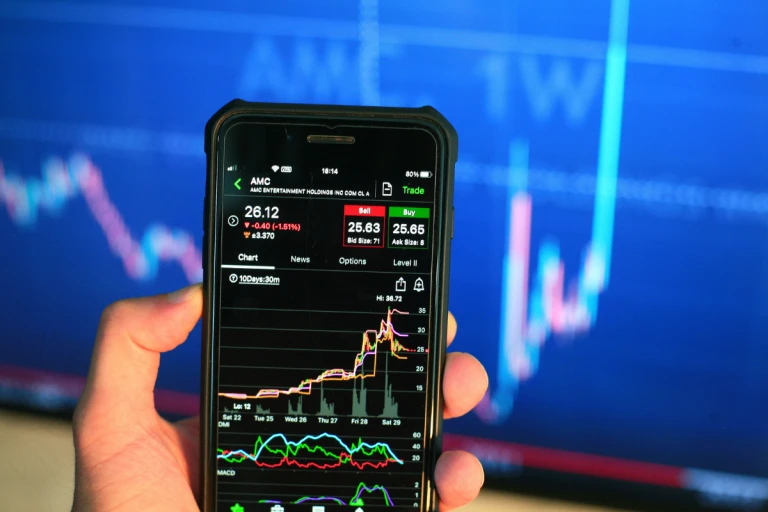Grey Market - Everything you need to Know
Welcome to the definitive guide unraveling the enigmatic realm of the Grey Market! In the financial landscape, the Grey Market is an intriguing yet often misunderstood arena where unofficial trading occurs before a stock's official public offering. This blog delves into the nuances of this unconventional market, shedding light on its workings, purposes, and implications for investors. Discover the clandestine nature of Grey Market dealings, exploring how it operates outside formal exchanges, its impact on stock prices, and the risks and opportunities it presents. 
What is Grey Market & How Does it Work?
The Grey Market, also known as the parallel market, operates as an unofficial arena for trading stocks and IPO applications. It allows investors to trade shares or applications before they are officially listed for trading on the stock exchange. In India, grey market stock trading is conducted in cash and typically through in-person transactions, devoid of involvement from entities like stock exchanges or regulatory bodies such as SEBI.
Key terms like Kostak and Grey Market Premium are prevalent in the Initial Public Offering (IPO) Grey Market, representing crucial indicators for potential IPO performance. This unconventional market operates outside formal regulatory frameworks, offering investors an early glimpse into upcoming stocks but exists without the oversight of official financial authorities.
Understanding Grey Market in India
Grey markets in India operate on the principles of demand and supply, enabling traders and retail investors to engage in share transactions before the official listing. This pre-listing market offers an avenue for individuals seeking to exit an IPO or for those who missed the initial deadline to still acquire IPO shares.
Companies have the option to trade their stocks and applications in this unofficial market before their official listing, providing insights to underwriters about the company's trajectory post-listing. These markets serve as an unconventional platform that facilitates transactions and insights, allowing for a unique perspective on stock movement before they enter the formal exchange arena.
Understanding Grey Market Stocks
A grey market stock refers to shares unofficially traded before their formal introduction via an Initial Public Offering (IPO). This underground trading arena operates through mutual trust among a select group of individuals, conducting transactions outside formal stock exchanges while remaining within the boundaries of legality.
Decoding the Grey Market Premium
The grey market premium signifies the price at which IPO shares are traded before their official listing, offering a glimpse into the anticipated performance of the IPO upon entry into the official market. For instance, if Stock Y's issue price is Rs. 100 and its grey market premium stands at Rs. 300, buyers are willing to pay Rs. 400 per share, indicating heightened demand and potential market behavior.

The Two Types of Grey Market Trading
Grey market trading encompasses two primary avenues:
Shares Trading: This involves the buying or selling of IPO shares before their official listing, allowing investors to trade on the shares' anticipated value.
Application Trading: It revolves around the buying or selling of IPO applications at specified premiums, offering a unique avenue for early investment.
Also read: What is Intraday Trading?
Navigating IPO Shares in the Grey Market
The process of IPO share trading within the grey market follows a specific sequence:
Investors, referred to as sellers, apply for IPO shares, taking the risk of potential allocations below the issue price.
Buyers, foreseeing potential higher share values, secure shares ahead of official allocation.
Buyers engage grey market dealers, expressing their interest in IPO shares at a premium, indicating their willingness to pay more for anticipated higher values.
Dealers negotiate with IPO applicants (sellers), aiming to acquire their shares at a premium price that reflects potential market demand.
Some sellers, wary of the stock market risks, opt to sell their IPO shares to dealers at a fixed amount.
Once shares are allocated, the dealer notifies the buyer, who then decides whether to sell at an agreed-upon price or transfer shares.
In cases where shares aren’t allocated to the seller, the deal automatically dissolves.
The intricate workings of the grey market offer a preliminary insight into an IPO's potential performance, acting as a prelude to the official stock exchange debut, driven by anticipation, speculation, and the interplay of demand and market dynamics.
Follow us on Instagram.









